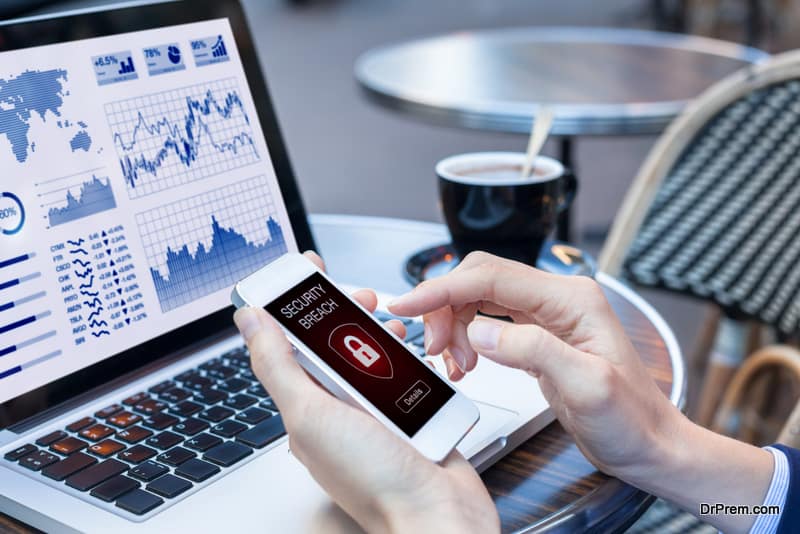World Wide Web connects the world and makes our life easier by giving us many ways to transact online. At the same time, it poses risks, because there are chances that we can expose personal data or banking details while making online payments. There are people who steal important data and misuse it, called Cybercriminals or Hackers.
 India has a Cybercrime share of 4 to 5 billion per year in comparison to approx $900 billion globally. With the hike in smartphone users and an increasing number of people accessing the internet for social media and financial transactions, the number of cyber attacks is also gaining momentum. As said earlier, cyber attacks are not only about money, it also affects personal data. Example: Once the Qatar National Bank systems were under attack, the personal information of all the employees was wiped out.
India has a Cybercrime share of 4 to 5 billion per year in comparison to approx $900 billion globally. With the hike in smartphone users and an increasing number of people accessing the internet for social media and financial transactions, the number of cyber attacks is also gaining momentum. As said earlier, cyber attacks are not only about money, it also affects personal data. Example: Once the Qatar National Bank systems were under attack, the personal information of all the employees was wiped out.
Most of the small companies think that they are safe from cyber attacks, but statistics by Symantec suggests that forty percent of attacks are against establishments with less than 500 employees. Hackers always find a network with less resistance.
Cyber threats are getting more complex and criminals are inventing new trends. They are using onion layered attack, wherein while you are resolving one threat and in the meanwhile, they will attack a different area using another technology. You cannot even spot it because you are preventing the breach somewhere else.
That’s why it is extremely important to find out, how to protect our computer or network from cyber breaches?
Categories
There are many ways cybercriminals can breach into your computer. One, they can use one computer to hack into another through virus attack, adware, DOS attack etc. Second, they use two computers to commit credit card frauds, cyber terror, IPR violations or EFT fraud.
Kaspersky, one of the major Anti Virus provider states that India ranks in top five when it comes to hacked servers. Skilled hackers can also spread spyware, adware, malware (types of malicious software) that can destroy your network.
Using one computer or many, there are many other ways to reach your personal data.We are mentioning a few of them here
Botnets
 Criminals use malicious malware to turn computers into a bot, short form of robot. Bots search for unsecured computers across the network and can affect them instantly. Users will not even know that they are under attack until they run any scan or threat removal tool. Once infected, the criminals can use the computer remotely to send spam, spread online threats like malware and spyware or it becomes a participant in online frauds or bank breaches.
Criminals use malicious malware to turn computers into a bot, short form of robot. Bots search for unsecured computers across the network and can affect them instantly. Users will not even know that they are under attack until they run any scan or threat removal tool. Once infected, the criminals can use the computer remotely to send spam, spread online threats like malware and spyware or it becomes a participant in online frauds or bank breaches.
Virus
Most of the times virus duplicates itself as your data file and be spread through flash drives, network or e-mails. Once in the computer, it starts interfering and slows down the computer. You may face a system crash or data loss, soon after.
Hacking
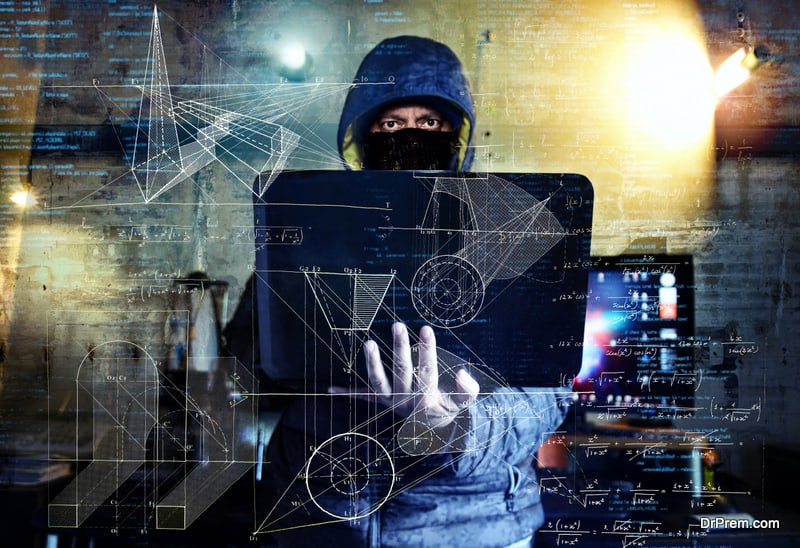 An unauthorized access to your computer is known as hacking. Once in control, the hacker can install malware, steal your password by installing key-logger on your computer or send emails from your account as spam.
An unauthorized access to your computer is known as hacking. Once in control, the hacker can install malware, steal your password by installing key-logger on your computer or send emails from your account as spam.
Trojan Horse
It may look like a legit application, but once you install this on the computer, this infection harms by extracting critical information, introducing other threats to your computer or may convert your machine into a bot.
Ways to stay safe from cyber attacks
Basics
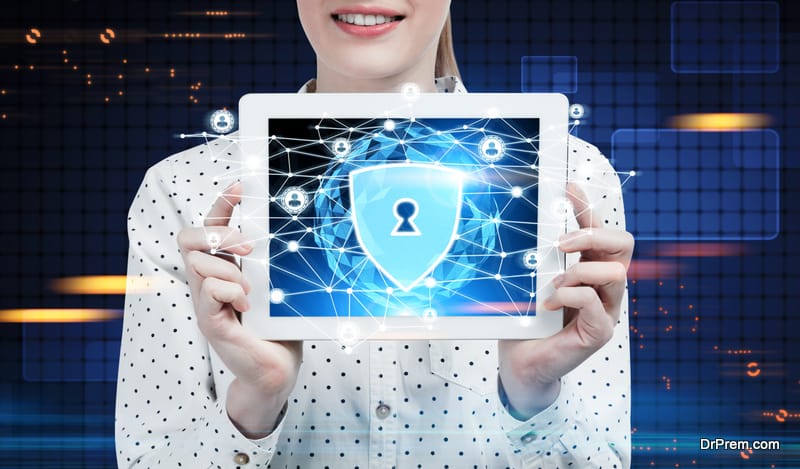 If you are in a home-based network, always turn on the firewall, use anti-virus or anti-malware applications on your computers and update them at regularly. Business users should educate their employees about the same and limit access to install software or change network settings. These are the basic steps you can follow.
If you are in a home-based network, always turn on the firewall, use anti-virus or anti-malware applications on your computers and update them at regularly. Business users should educate their employees about the same and limit access to install software or change network settings. These are the basic steps you can follow.
Never open any unknown link
Stop clicking an e-mail that promise lottery, free trips, or an iPhone at a discounted price. Remember – there are no free lunches. These are Phishing emails that can capture your banking data or release various threats on your computer.
Use different passwords for separate accounts
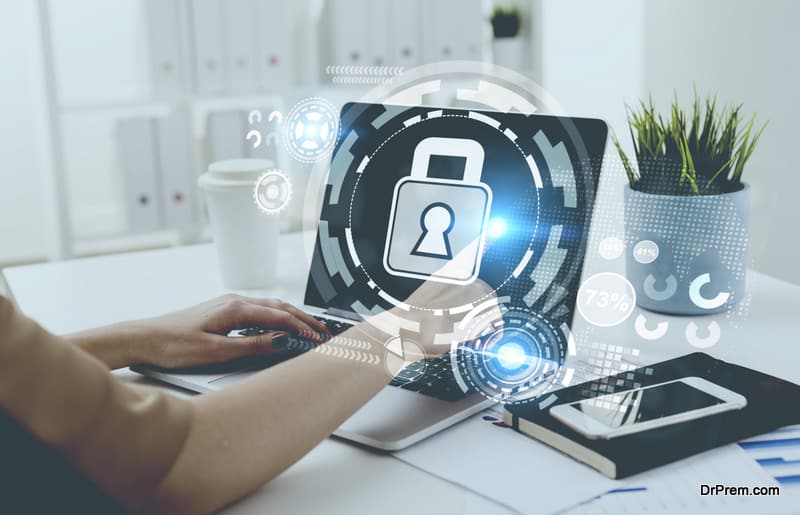 If you are using the same password to log into Gmail, Facebook, and Twitter. Somehow, the password for Gmail exposes, then in addition to your emails, the hacker will have to access your social media accounts as well. Do not use any meaningful words, your mobile number, date of birth etc your password. Prefer acronyms. Form a sentence and use the first letters.
If you are using the same password to log into Gmail, Facebook, and Twitter. Somehow, the password for Gmail exposes, then in addition to your emails, the hacker will have to access your social media accounts as well. Do not use any meaningful words, your mobile number, date of birth etc your password. Prefer acronyms. Form a sentence and use the first letters.
Saving passwords on shared computers or online wallets can also pose a threat, so we should avoid that as well.
Update applications
Browsers and apps are vulnerable and can be exploited by hackers. Vendors of these applications or browsers release updates to repair these loopholes. So, keep them updated to avoid any loss of information.
Create backup
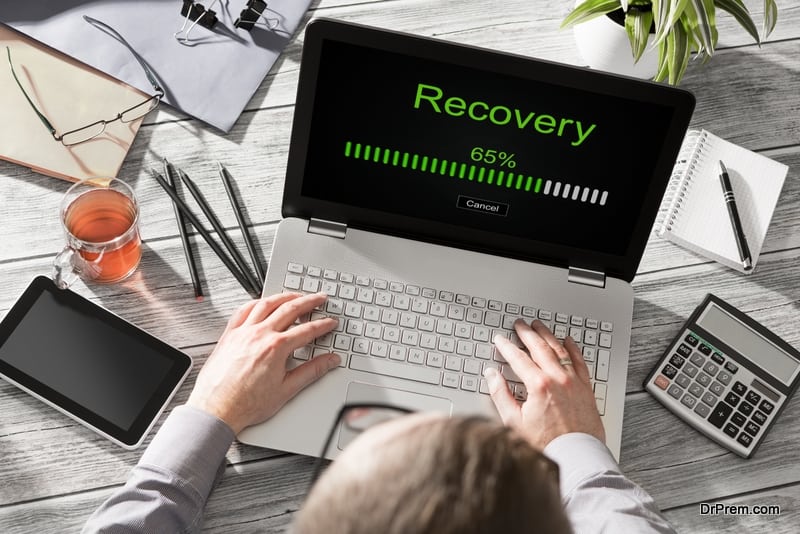 Backing up your data is added a measure so that even if the data compromise, you do not lose it completely. You can use an external or network drive for backups. Making backups will not keep you safe from cyber attacks, but it can prevent the negative aftereffects.
Backing up your data is added a measure so that even if the data compromise, you do not lose it completely. You can use an external or network drive for backups. Making backups will not keep you safe from cyber attacks, but it can prevent the negative aftereffects.
Secure the network
If you use a Wi-Fi network at home or workplace, make sure you have a strong password and the network is encrypted and secure.
Install trusted applications
 Always download files/software (.exe files) from trusted websites. Avoid using third-party websites to download anything. Example: If you download MS office or if you are trying to buy it, go through Microsoft’s website.
Always download files/software (.exe files) from trusted websites. Avoid using third-party websites to download anything. Example: If you download MS office or if you are trying to buy it, go through Microsoft’s website.
Verify the website
Before you log in to make any payment, make sure you are typing the username and password at the right place. Hackers can create a similar fake website and once you log in, you will simply give away your password and user ID. Even if you close the browser afterward, the information stays with them.
Legal help
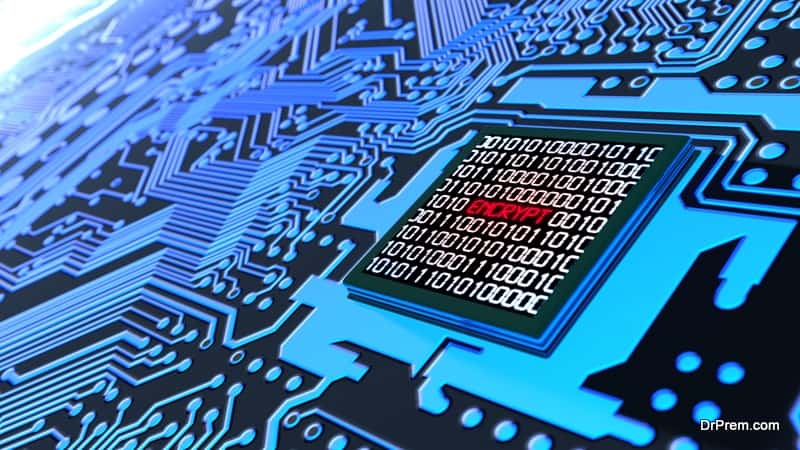 As the Information Technology Act of India explains – When a cybercrime is committed, you can report the same to cybersecurity cell in any city. You can also send an e-mail to raise a complaint to cyber cell police stations located at 21 cities.
As the Information Technology Act of India explains – When a cybercrime is committed, you can report the same to cybersecurity cell in any city. You can also send an e-mail to raise a complaint to cyber cell police stations located at 21 cities.
Pawan Duggal, Supreme Court Lawyer and Cyberlaw expert state that India needs separate courts to deal with cyber crimes and strengthen cybersecurity. He further adds that we are not fully aware of the threats and that is why we are ill-equipped to take on cyber criminals.
None of us are safe from cyber attacks until and unless we take proper preventive measures.


